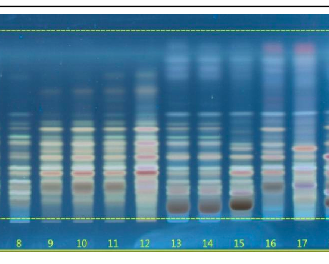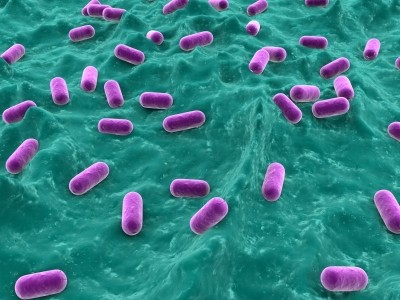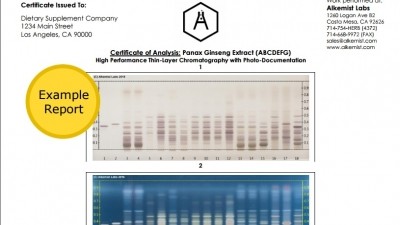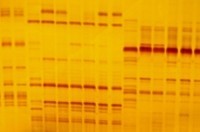Alkemist Labs rolling out Next Generation Sequencing DNA testing
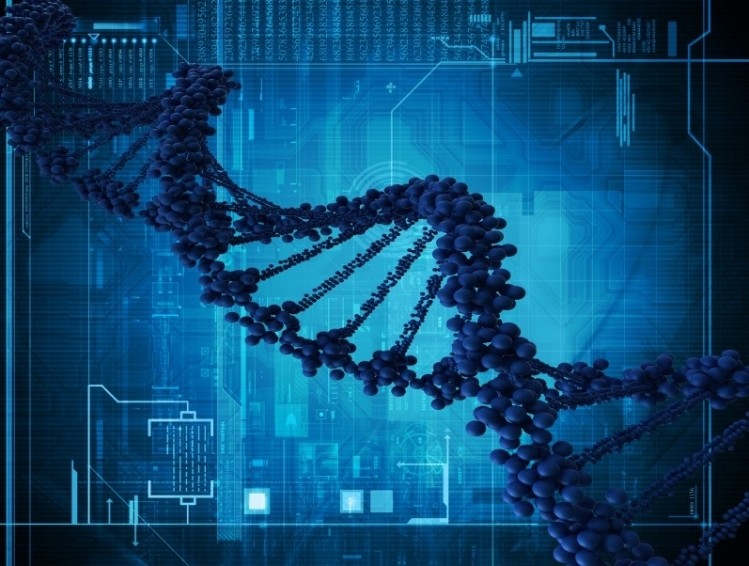
Interest in DNA-based analytical techniques has soared in 2015 as New York Attorney General Eric Schneiderman put the technology at the center of his investigation in herbal dietary supplements. Regardless of the widespread industry criticisms of the application of the technology by the NY AG, it has led to many supplement companies demanding it from Alkemist Labs, Elan Sudberg, the lab’s CEO, told NutraIngredients-USA.
“Adding DNA analysis to our testing capabilities once the technology evolved more has been in the plans since my father and I started building our herbarium almost 20 years ago,” said Sudberg. “Our clients want us to offer this service and with recent events, as well as advancement in technology, we felt it finally the right time to bring it in-house.”
Fit for purpose
Implementation of Alkemist’s NGS DNA testing is being led by Holly Johnson, PhD, Alkemist Labs Director. “The equipment is already on the lab bench,” said Sudberg, “and we’re training people in-house to be able to start official testing in early 2016.” The company is using the ThermoFisher Ion S5 Next Generation Sequencing System for targeted benchtop sequencing.
DNA technology is a relatively recent addition to the dietary supplements industry testing catalogue, and questions have been raised about whether it is fit for purpose. “There are still fit-for-purpose issues,” he said. “DNA analysis doesn’t differentiate between plant parts or quality or quantity.”
Fit for purpose methods still need to be developed, and the scientists at Alkemist believe that needs to be done collaboratively and transparently, and intend to encourage trade associations and other companies in the industry to join forces in developing the ground work required to make NGS a useful tool, rather than a source of confusion.
“We look forward to launching this new testing platform to add additional data points and increase confidence in the realm of botanical identity,” said Dr Johnson.
The company is looking to build its own library of reference materials using its existing herbarium and new samples. The lab will work closely with Roy Upton from the American Herbal Pharmacopeia on this.
“It is in everyone’s best interest for industry stakeholders and technical experts to work in collaboration on developing a database of verified sequences from authenticated specimens, and also in building consensus with appropriate standardized methods and validating procedures with full transparency in testing,” added Dr Johnson.
Sudberg added that he is aware of AOAC and FDA talking about how to move this forward, but there is no dedicated group yet, said Sudberg. “Whenever that happens we’re ready to engage collaboratively and transparently with them.”
‘Going deeper than anything else’
“NGS equipment is the newest and most powerful tool available for speciation in plant based products; it goes deeper than anything else,” said Sudberg. “However, that depth can reveal nearly anything that was gathered with the herb in inconsequential quantities, such as Pine pollen, for example, and an occasional piece of grass from the field. We plan to work with the industry to help establish how much ‘Pine pollen’ constitutes contamination rather than just a negligible component of a natural product to be expected and accepted.
“The events of this year have made it clear that we, as an industry, must make absolutely certain our product contents match our product labels and this technology, when used correctly and appropriately, may help us ensure that.”
